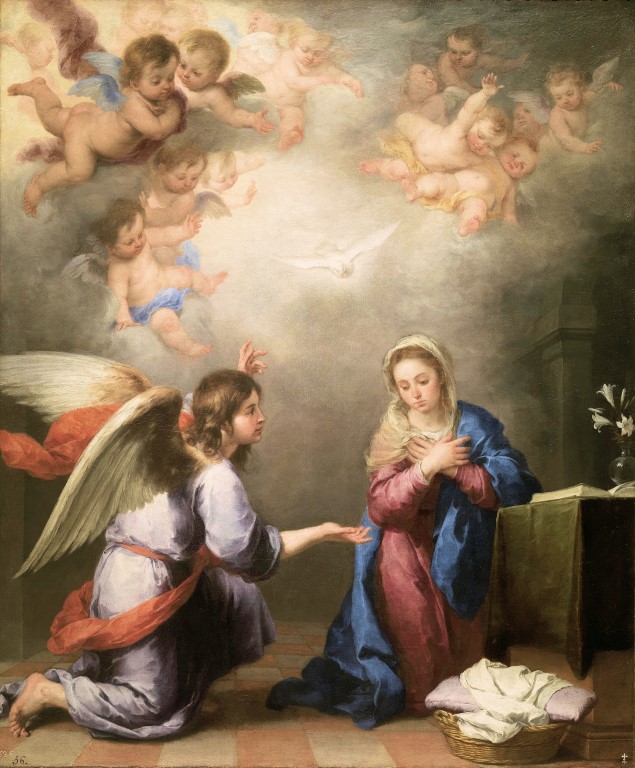A new tractarian movement?
Fr Aidan Nichols OP spoke today to a gathering of the newly-founded British Confraternity of Catholic Clergy at St Joseph's, New Malden. His paper was followed by a thoughtful discussion after which we looked at one or two practical questions regarding the structure of the Confraternity. Fr Marcus Holden (Parish Priest of Ramsgate) then gave Benediction in the beautiful and well-kept Church, assisted by Fr Peter Edwards (Parish Priest of New Malden) and Fr Richard Whinder (Parish Priest of Mortlake) before the parishioners provided us with a delicious lamb hotpot.
Fr Nichols' address was filled with original and provocative ideas. As priests forming a new confraternity, he encouraged us to consider what Newman and his friends were trying to achieve through the Tractarian movement. In the Apologia Pro Vita Sua (chapter 2) Newman explained that his first principle as a tractarian was the battle against liberalism or the anti-dogmatic principle. He protested that although he had changed some of his religious opinions in his journey to the Catholic Church, he had never changed on that principle. On returning home, I checked his Biglietto speech of 1879 (upon being created Cardinal), in which Newman returned to the theme of this fundamental struggle of his life, saying:
For thirty, forty, fifty years I have resisted to the best of my powers the spirit of liberalism in religion.Liberalism, he explained as follows:
Liberalism in religion is the doctrine that there is no positive truth in religion, but that one creed is as good as another, and this is the teaching which is gaining substance and force daily. It is inconsistent with any recognition of any religion, as true. It teaches that all are to be tolerated, for all are matters of opinion. Revealed religion is not a truth, but a sentiment and a taste; not an objective fact, not miraculous; and it is the right of each individual to make it say just what strikes his fancy.A major theme Fr Nichols urged upon us was the importance of evangelisation for the life of the Church. He suggested that the decline of Catholic life in England according to every measurable criterion, was directly attributable to loss of the imperative for the conversion of England. He compared the failure to be missionary to that obex or obstacle which may be placed by the recipient of a sacrament, preventing its fruitfulness. Just as the removal of the obstacle will enable the reviviscence of grace, so the removal of the obstacle of the lack of missionary activity will enable the revival of the Church - for those within the Church as well as by the reception of those to whom this missionary activity is directed. In other words, people who evangelise will find that their own faith is strengthened by the very fact of doing so.
The theme of the Liturgy was not neglected. Fr Nichols cited the example of St Augustine who was moved by the sacred chant of the Cathedral at Milan. People need the sacrality of the Liturgy to move them to an active faith which recognises the necessity of evangelisation. There was much else of value that I would like to re-read when the address is published. I have not by any means done the paper justice in this brief write-up of some of my notes.
The new Confraternity of Catholic Clergy has started not only in the London area but also in the North of England. It is likely to grow rapidly since there is a crying need for such a body in Britain. Today's was a small gathering, but the foundation of the Confraternity is now publicised and I expect that many priests who agree with the objects will join up both to benefit from, and contribute to, the work of fidelity, formation and fraternity. There is scope for a regional structure and local cells as well as a national meeting.
Here are the priests who met today, with two rogues on the right of the second row who write those interweb blog thingies:
In response to enquiries, I can confirm from the discussion today, that there will be provision made for lay people who wish to do so, to be associated as Friends of the Confraternity, to offer their prayerful, financial and practical support according to their means.




